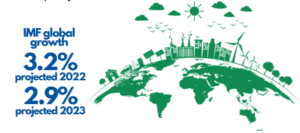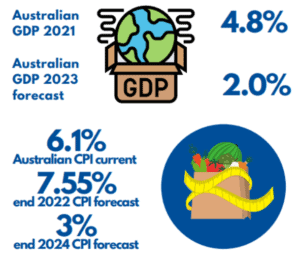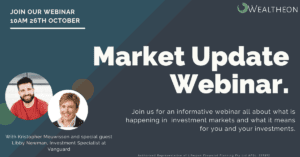There is a tax rule that every Australian needs to be more familiar with that can save everyone over the age of 18 a heap of money every year and can wipe off a heap of capital gains.
Extra Super contributions.
Why is it beneficial?
Super is only taxed at 15% so anyone making more than $45,000 is paying at least twice as much money in tax than they would by making some extra contribution. Better yet, when you turn 65 there is NO TAX on income or capital gains.
There are not many places you can put your money and end up paying no tax… at least not legally…
The savings are so good that the government has put a limit on how much you can claim each year which is only around $27,000 total (that includes how much your employer puts in).
If you put in extra money your contributions can then be invested which can make you even more money all whilst still being taxed at an ultra low rate.
You can save big
Consider this, if you earn between $120,000 and $180,000 p/a and make a $5,000 deductable contribution, you will save $1,875 on tax. If you make the extra maximum deduction you could save over $5,000.
Even of a lower income the savings are big. If you earn between $45,000 and $120,000, you will save $1,750 on tax for every $5,000.
The savings are even better in the highest tax bracket…
You even have the ability to use previous years contribution limits if you have less than $500,000 in Super. This makes it a perfect way to reduce your capital gains bill.
Business owners have a whole other set of opportunities available to them as well when they sell their business. Those benefits can add hundreds of thousands of dollars in value. Reach out if you want to know more specifics.
What you should do about it
It’s not all sunshine and rainbows though. There are rules on how much you can put in, when you can take it out. You need to be confident that your super is the right one to add extra money into. Avoid some of the pitfalls by reading our retirement income article.
You can find out more info on the ATO website as well as our pay less tax page. But if you want to have someone tell you how you can take full advantage of this incredible and legal tax saving strategy, click the link below and we can chat for 15 minutes at no cost with me directly and see how this stacks up for you.





